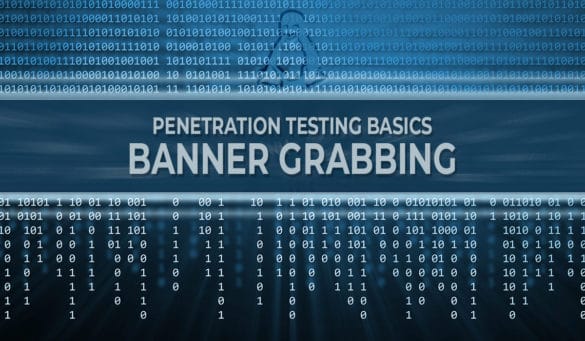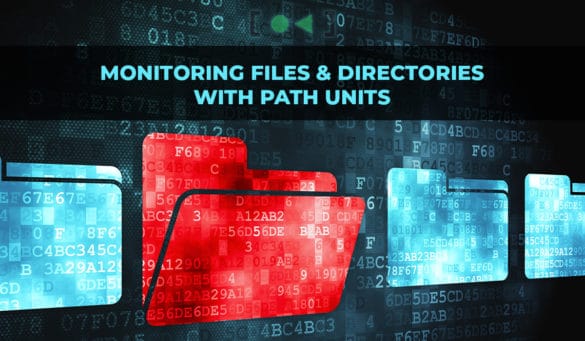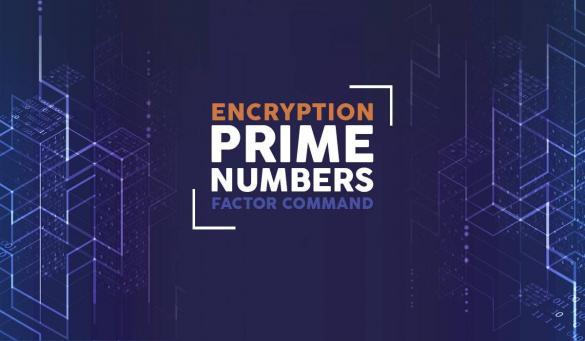Automatically Accept SSH Fingerprint
How to automatically accepting the SSH fingerprint so you can automate connections to remote systems using command line options or the ssh-keyscan utility.
Brute Force Attacks – Pen Testing Using Hydra and RSMangler
How to use Hyrdra and RSMangler to launch a brute force attack. Penetration testing professionals use these tools for cybersecurity evaluation of a system.
Banner Grabbing – Penetration Testing Basics
Learn how to gain information about a system using the banner grabbing technique executed via telnet. This is part of a penetration testing basics series.
Sort Command – Sort Text / Output on the Linux Command Line
From sorting log file entries to viewing directories ordered by size, the sort command is certainly among the GNU Core Utilities most versatile members. For professional admins and home users alike, sort is a daily tool. This article will examine some common options and use-cases...
xguest – Guest Access / Kiosk Mode on a Linux System
Easily create a restricted user to allow guest access to your system or to create a Linux based kiosk. The xguest package makes this a snap!
Using systemd Path Units to Monitor Files and Directories
Use systemd path units to monitor files and directories and set service units to execute custom scripts when changes are observed.
Prime Numbers, Encryption and the Linux Factor Command
The Linunx factor command allows you to factor an integer into prime factors on the command line. Learn how prime numbers are being used in encryption.
How to Disable SELinux – Temporary or Permanent
In this Linux quick tip we will show you how to disable SELinux. You will read how to temporarily disable SELinux, as well as permanently disable SELinux.
mktemp – Working with Temporary Files in Shell Scripts
How to safely create temporary files and directories to be used in Linux shell scripting. Learn some of the security concerns related to temporary files.








